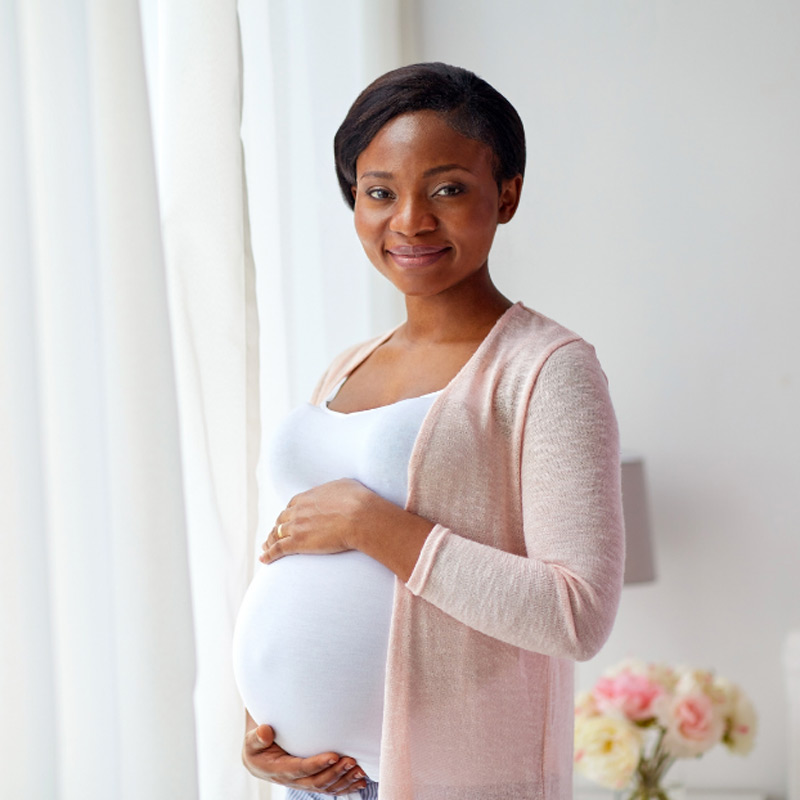MemorialCare Miller Children’s & Women’s Hospital Long Beach delivers more than 5,500 babies each year at its Cherese Mari Laulhere BirthCare Center. In fact, it’s the only hospital in Los Angeles and Orange Counties with a level IV maternity center and level IV Neonatal Intensive Care Unit under one roof, allowing for 24/7 specialized care for mom and baby. Because of this, Miller Children’s & Women’s serves expectant mothers from across a diverse region.
With a diverse population, comes a range of unique health needs and challenges, particularly for black women. According to the Centers for Disease Control and Prevention (CDC), the national maternal mortality rate in 2018 was 17.4 deaths per 100,000 live births. That same CDC report found that the maternal mortality rate for non-Hispanic black persons in 2018 was more than double the rate for non-Hispanic white persons, 37.3 compared with 14.9.
Miller Children’s & Women’s set out to improve these nationwide statistics by changing the culture around the care for expectant moms before, during and after the birth experience.
One of the ways this shift is being made is through participation in a pilot project with the California Maternal Quality Care Collaborative (CMQCC), which is a multi-stakeholder organization committed to ending preventable morbidity, mortality and racial disparities in California maternity care. CMQCC uses research, quality improvement toolkits, state-wide outreach collaboratives and an innovative Maternal Data Center to improve health outcomes for mothers and infants.
“The CMQCC is providing us with the framework to educate our teams on health equity and find ways to reduce disparities in care that disproportionally affect black women,” says Terri Nikoletich, MSN, MPH, program director, perinatal health education, lactation support, OB Clinic and Welcome Baby Program.
Education modules have been rolled out across the inter-disciplinary team that includes specialized physicians and nurses, social workers, and even spiritual and palliative care teams, who provide an extra layer of support to women who may experience loss or a traumatic birth.
“Everyone has unconscious biases that can affect the care they provide,” says Nikoletich. “The education we have been doing helps us recognize those biases, and provide an equitable experience for our moms regardless of their race, religion, sexual orientation or ability to pay.”
Miller Children’s & Women’s recently implemented a questionnaire for its patients to learn more about their experience and perception of how they were treated. That data is shared with CMQCC and directly helps in the creation of resources that other hospitals will be able to use in the future to implement similar programs.
“The work we’re doing not only makes a profound impact on women in our region, but we’re proud to be a part of creating change for mothers across our state and nation,” says Nikoletich.

